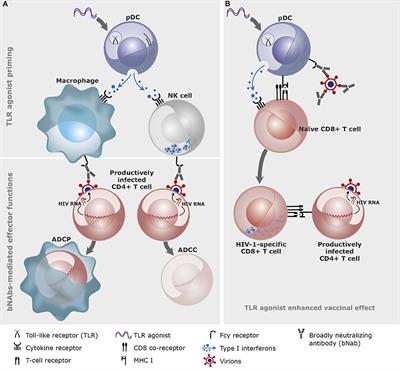EDITORIAL
Published on 11 May 2021
Editorial: Immunotherapies Towards HIV Cure
doi 10.3389/fcimb.2021.655363
- 2,283 views
23k
Total downloads
123k
Total views and downloads
Select the journal/section where you want your idea to be submitted:
EDITORIAL
Published on 11 May 2021
ORIGINAL RESEARCH
Published on 06 Aug 2020

ORIGINAL RESEARCH
Published on 17 Jul 2020

MINI REVIEW
Published on 07 Jul 2020

REVIEW
Published on 11 Jun 2020

ORIGINAL RESEARCH
Published on 25 May 2020

REVIEW
Published on 19 May 2020

ORIGINAL RESEARCH
Published on 06 May 2020

MINI REVIEW
Published on 28 Apr 2020

ORIGINAL RESEARCH
Published on 21 Apr 2020

ORIGINAL RESEARCH
Published on 07 Apr 2020

ORIGINAL RESEARCH
Published on 20 Mar 2020


Frontiers in Immunology